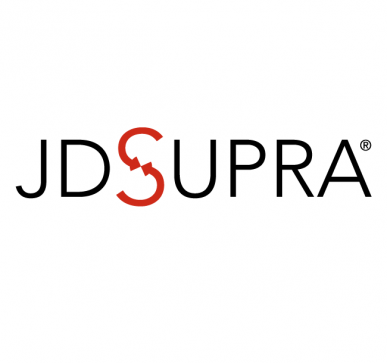Greedy Charitable Contribution Deductions May Cost You
Taxpayers are not required to pay a negligence penalty for underpayment of income taxes if, under Internal Revenue Code regulations, there is reasonable cause for a position that the Taxpayer takes in an income tax return.
A married West Virginia Taxpayer couple claimed a charitable contribution deduction of $145,250 on their timely filed 2011 US Income Tax Return. The “gifts to charity” were made in the form of more than 20,000 distinct items of property that were driven from West Virginia to Maryland and delivered to Goodwill Industries (a legitimate 501 (c) (3) charitable tax exempt organization). Upon review, IRS allowed the Taxpayers only a $250 deduction because the Taxpayers did not satisfy ANY of the substantiation requirements applicable to their alleged charitable gifts.
The Tax Court reviewing the case brought by the Taxpayers concluded that the deduction of significant charitable Goodwill donations – which was a position taken on their 2011 income tax return – was unsupported by any type of credible testimony or reliable evidence and contemporaneous records. As a result, the Taxpayers were found to be negligent and a 20% accuracy related penalty was imposed upon them.
According to IRS: “Negligence” includes (but is not limited to) any failure to:
- make a reasonable attempt to comply with the internal revenue laws
- exercise ordinary and reasonable care in preparation of a tax return or
- keep adequate books and records or to substantiate items properly
This negligence penalty may be asserted if the Taxpayer carelessly, recklessly or intentionally disregards IRS rules and regulations by taking a position on a tax return with little or no effort to determine whether the position is correct or knowingly taking a position that is incorrect.
IRS Publication 526 addresses Charitable Contributions. There are record keeping requirements for supporting charitable contributions. Record keeping requirements depend on the amount of the contribution and whether they are: Cash contributions, Noncash contributions, or Out-of-pocket expenses when donating Taxpayer services to an IRS qualified charity.
In order to comply with the record keeping requirements for non-cash distributions, Taxpayers must:
- Obtain and keep a receipt from the charitable organization showing the name of the charitable organization, the date and location of the charitable contribution, and a reasonably detailed description of the property.
- Keep reliable written records for each item of contributed property.
The written records must include the following information:
- The name and address of the organization to which the Taxpayer contributed.
- The date and location of the contribution.
- A description of the property in reasonable detail
- The fair market value of the property at the time of the contribution and how you calculated the fair market value (keep a copy of the signed appraisal).
- The cost or other basis of the property.
- The amount you claim as a deduction for the tax year as a result of the contribution.
- The terms of any conditions attached to the contribution of property.
Deductions of more than $500 of donated property require more extensive records such as:
- How the Taxpayer obtained the property (purchase, gift, bequest, inheritance, or exchange).
- The approximate date that the Taxpayer obtained the property or, if created, produced, or manufactured by the Taxpayer or for the Taxpayer.
- The approximate date the property was substantially completed, and the cost or other basis, and any adjustments to the basis, of property held less than 12 months and, if available, the cost or other basis of property held 12 months or more.
According to Internal Revenue Code and Regulations, a charitable contribution is a donation or gift to, or for the use of, a qualified organization. It is voluntary and is made without receiving, or expecting to receive, anything of equal value.
Don’t be a victim of your own making. Charitable contributions are effective tax planning tools, that when used under the supervision of a qualified tax expert, can yield advantages for the Taxpayer and the Qualified Organization.
http://www.jdsupra.com/legalnews/greedy-charitable-deductions-may-cost-24327/





